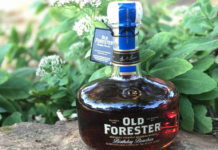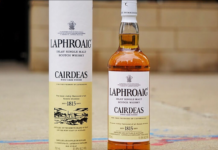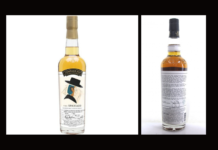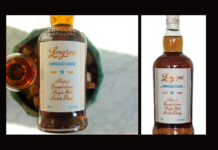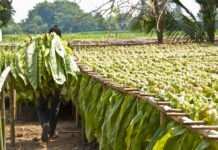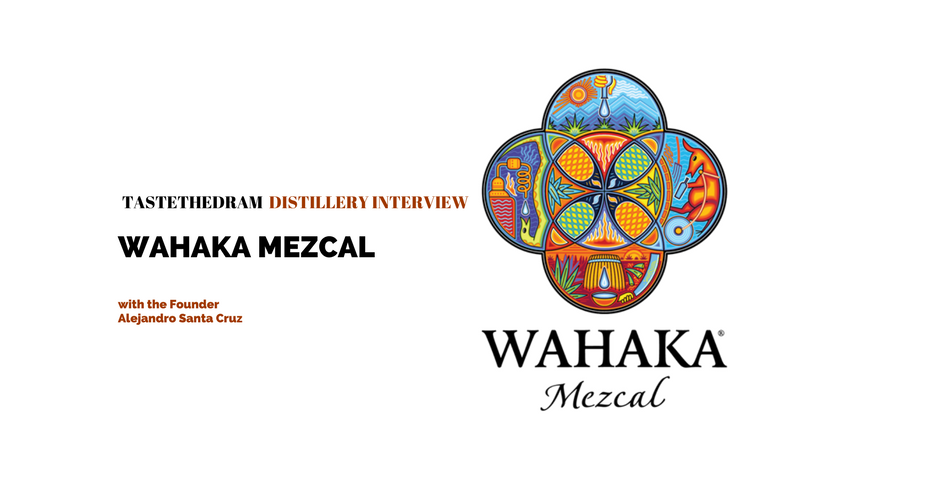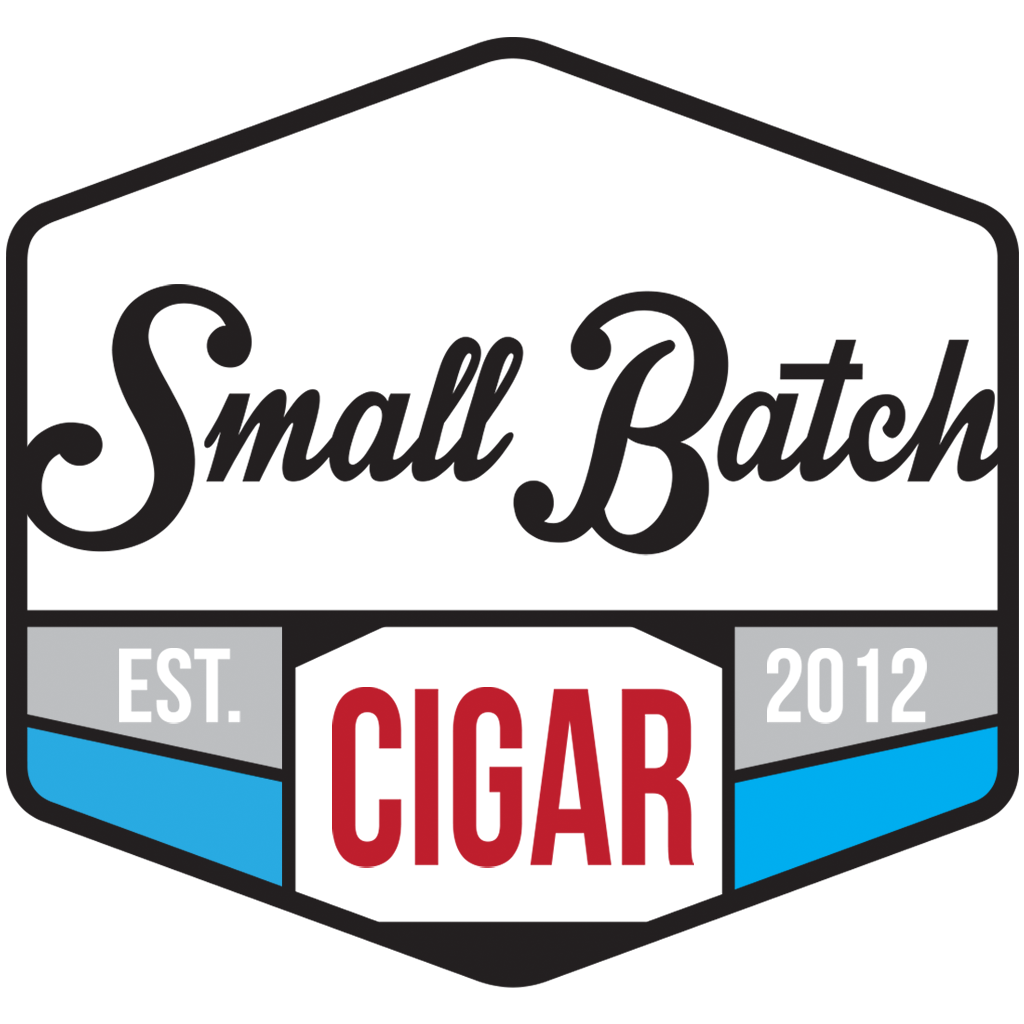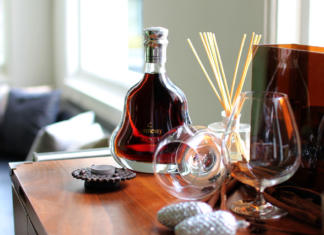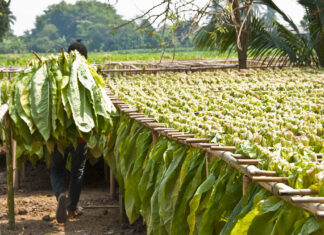We spoke with Alejandro Santa Cruz, the founder of the Wahaka Mezcal Distillery. He gave us the rundown, on the flavors, startup and branding.
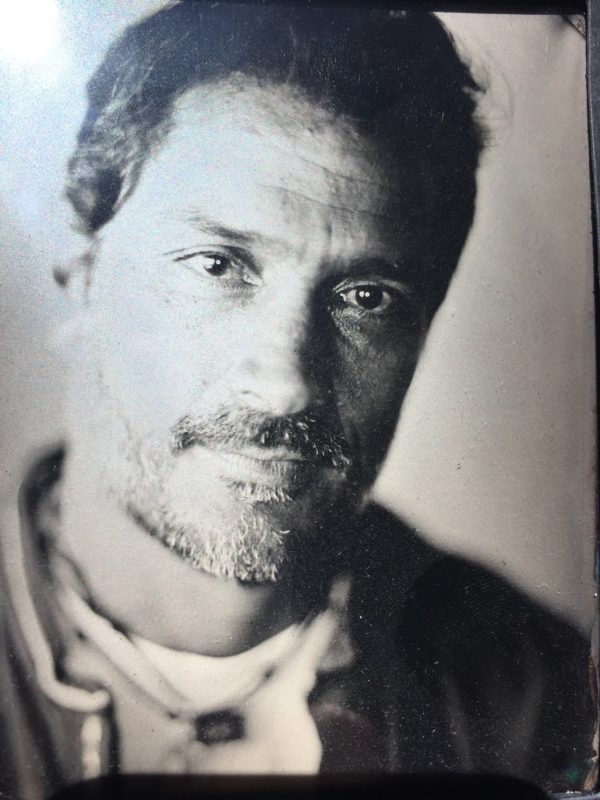 Alejandro, please tell us a little about yourself. How did you get into the world of spirit distillation?
Alejandro, please tell us a little about yourself. How did you get into the world of spirit distillation?
ASC: I am originally from Mexico, born and raised in Mexico City. My professional background is in finance, nothing to do with the spirit industry. What brought me to the world of mezcal was a deep passion for everything related to the spirit – its story, the people, the variety and differences in agaves, the traditions. It was a passion that as a Mexican I wanted to share with the world.
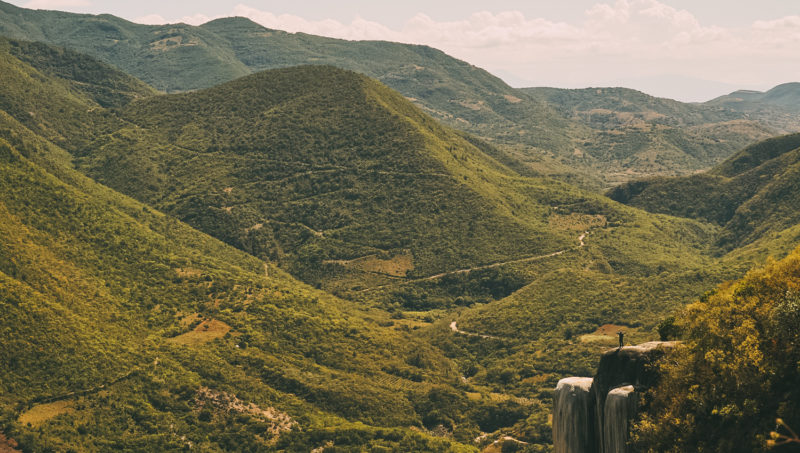 How did Wahaka Mezcal come about?
How did Wahaka Mezcal come about?
ASC: After being properly introduced to and educated in mezcal in 2005 I began traveling to Oaxaca to live it first-hand. It was a combination of luck and destiny that I led me to meet Alberto “Beto” Morales in 2010. He was 29 at the time, a 5th generation mezcalero (distiller) of Zapotec origins, and we clicked immediately. Fantastic chemistry! I told him about my idea to start a brand and he and his family showed off their different mezcal varieties to me, which were truly amazing: clean, explosive, flavorful, memorable!
That day we forged a true partnership that has now lasted seven years. If you were to ask me what was a key determinant factor in our success is the way we structured the company. Breaking from the traditional, prevailing dynamics in the industry – where labels/brands acquire mezcal from one or several producers and it is nothing more than a commercial transaction – we decided to make Beto an equity partner in the company.
Why? We wanted to ensure he and his family would financially benefit from the entire value chain of the spirits industry and enjoy the margins that exist in the actual sale of the finished product. So far it has worked wonders. In addition, through this structure, we can ensure that the quality you find in Wahaka Mezcal will never change. The only mezcal inside our Wahaka bottles is Beto’s and Beto does not produce mezcal for any other brand.
 Tell us about the name.
Tell us about the name.
ASC: We get this question a lot. Wahaka is the phonetic pronunciation of Oaxaca, the State where we produce our mezcal. It means nothing and yet has tremendous marketing potential. It is easy to remember, fun to say and ties us directly to our origins. Some have seen it as insulting but I think they are missing the point. We are the brand of mezcal that strives to embody joy, fun and happiness and the art and colors of Mexico. We chose not to go down the same path many other brands have taken, of a more mystical, mysterious or “dark” image. We are Wahaka, we are Mexico.
What is your role with the distillery and what are your day to day duties.
ASC: Since inception other partners have joined the company, we are a total of seven partners now. Each of us has specific responsibilities, based on each of our backgrounds. Since we have no employees, we must complement each other well and at the end of the day we do a little bit of everything. As far as the production and distilling side that is 100% Beto. We have a saying in Mexico that is “Zapatero a sus zapatos”. In other words, focus on what you know what to do. My responsibilities are mostly in sales, marketing and education. I am the one you will likely run into when you go to tasting events or staff education. That said, I also must dabble in other duties related to strategy, finances, budgeting, etc. etc.
Did you encounter any challenges when you first decided to get into this business? If so, what were they.
ASC: Yes. There are many challenges to launching and growing a spirit brand (especially when you have no experience in the industry!!). I can probably go on and on with regards to what the challenges are, but it would sound like I am whining. I would say that the challenges change depending on the stage of maturity the company is at. For example, at first you must deal with all the paperwork, permits, certifications, approvals etc. required by law to launch a brand. As you grow, the challenges shift to the production side – do we have enough bottles, corks, labels, etc. – and then to the market side – how do you convince accounts to pick you up? What events do you participate in? How do you find good distributors? Then, when you reach a certain level of sales the challenges become greater. How do you remain competitive? Where do you spend your next marketing dollar to ensure the biggest impact? How can we increase and improve our distribution?
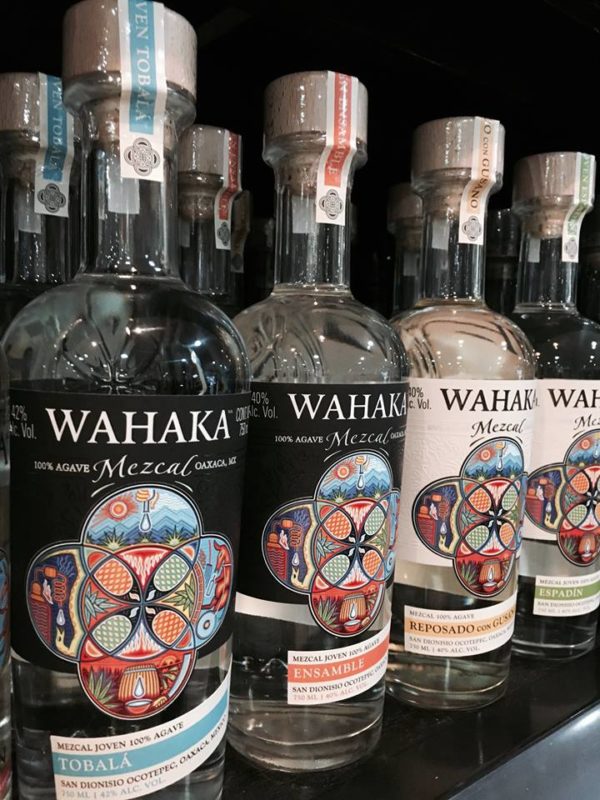 What lessons can you share with others looking to get into this business.
What lessons can you share with others looking to get into this business.
ASC: If you are thinking of starting a brand of mezcal, make sure you are unquestionably passionate about it and realize fully, with eyes wide open, that this is a long-term project, an ultra-marathon. This is not a sprint, or a get rich quick endeavor. Not only should you be in it for the long term but you should also consider that starting a brand of mezcal comes with great responsibilities that cannot be taken lightly, with the mezcalero family, with the community, with the environment…
What Mezcal expressions do you currently produce and how are they all different?
ASC: We currently have a total of eleven varieties of mezcal. These are divided in what we consider our “Traditional Line” and the “Special Editions”.
The Traditional Line, which is what we launched the brand with, includes Espadin (farmed agave; 40%AbV), Madre Cuishe (wild, low-land agave; 42% AbV) Tobala (wild, high-land agave; 42% AbV), Ensamble (Espadin-MadreCuishe-Tobala blend; 40% AbV) and the Espadin Reposado con Gusano (40% AbV). Our goal with this line was to be the “user friendly” mezcal family that people could use to learn about the category (and the different agave varietals) without being intimidated (many mezcales have AbVs closer to 46-48%).
Our Special Editions are smaller batches (500 bottles per year of each) and feature other wild agaves and our pechugas (vegan or not) at higher AbVs. They are all very different and are all outstanding!
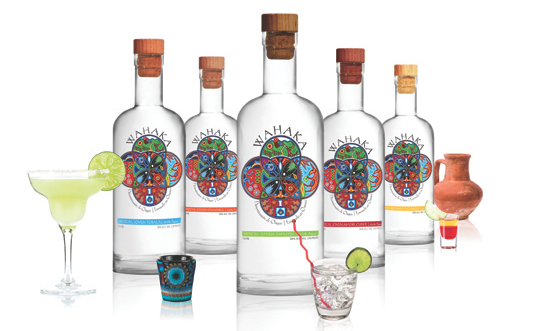 Can you briefly walk us through the process from start to finish of distilling mezcal?
Can you briefly walk us through the process from start to finish of distilling mezcal?
ASC: The process we use to make mezcal is very artisanal and very manually intensive. In fact, our process could be “ancestral” in all but one of our steps in the process (we distil in copper instead of clay). We continue to use the methods that were passed down generation to generation to Beto, and we will continue to do so (i.e. we shy away from becoming “industrialized”). This is a small batch spirit and for us to produce 1,000 liters in one of our palenques (distilleries) it takes almost 30 days.
The steps begin in an earthen pit in the ground. After harvesting the agaves, we will put the hearts or “piñas” underground and slow roast them for three to five days, depending on the weather conditions. It is in this step of the process where mezcal adopts its smoky characteristic. After caramelizing the sugars through the cooking process, we move over to do the milling. Our milling is still done using a tahona, a large stone mill that is pulled by our horse “Pacquiau”. This is where we crush and extract all the agave syrup and sugars out of the cooked agave. All these fibers are then transported to our pine wood vats for fermentation. All we do is add water to the fibers and let it sit for nearly two weeks.
We do not add any accelerators or chemicals. We let the natural yeast to the fermentation. FYI, our agave fields and our process are certified 100% organic by USDA/Mayacert. Once the fermentation is complete, the liquid – which is about 6%AbV – together with the agave fibers are put into a copper still for the distillation. Our product is twice distilled. The first distillation is called the “Ordinaria” and the second distillation – or “Rectificacion” – is where the mezcal finally comes out. We eliminate the heads and tails of this second distillation and only serve the body or heart of the mezcal.
A lot of industry folks are saying that the next big boom in the States after American whiskey will be Mezcal, do you feel that this is the case?
ASC: The category of mezcal is certainly experiencing a “boom”, growing significantly year over year. When we launched the brand in 2010 there were a handful of artisanal mezcal brands in the USA. Now there are over 50 and every month new ones are being introduced. In Mexico, over the same period, we have seen an even more significant growth in brands. I do not think mezcal can or will be ever as large as whiskey or tequila, but to me what is clear is that the category is here to stay. This is not a fad that will fizzle. Having said that, I think that at some point soon the market will be saturated, growth will slow down and many brands will disappear. Only those that have done things right from the beginning and have planned accordingly will survive.
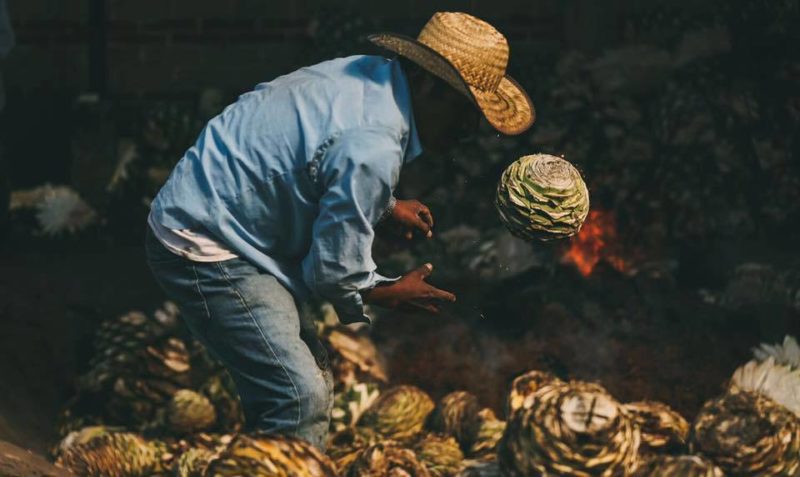 Describe your Mezcal in 3 words.
Describe your Mezcal in 3 words.
ASC: The real deal!
What are your plans for the distillery 5 years from now. What do you want to be known for?
ASC: Our goal as a brand is to continue growing at a steady pace, keeping our quality and making sure we become a long term, relevant player in the category. Since we started the brand we wanted to be known as the brand that pushed the envelope and established standards for others to follow. I hope we can continue doing so.
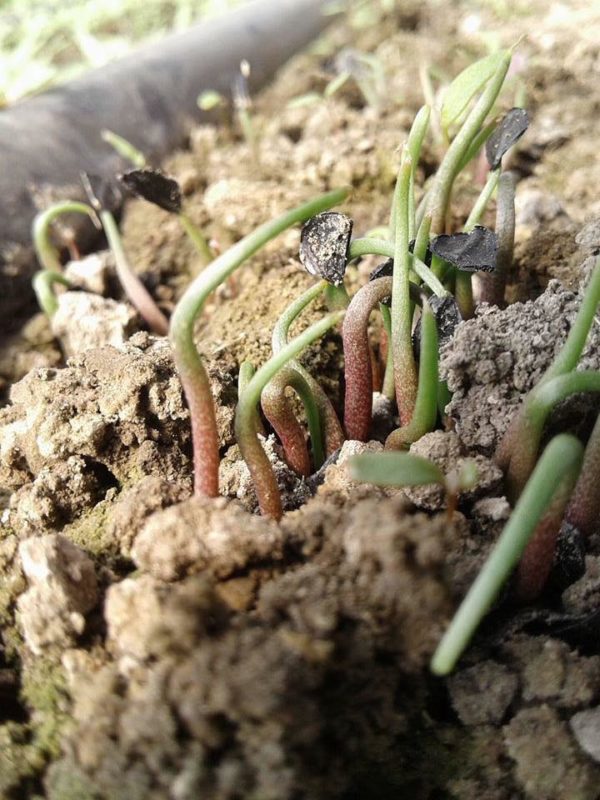 What are your maturation conditions like?
What are your maturation conditions like?
ASC: Not quite sure I understand this question, unless we are taking about the agaves (maturity before harvesting). If this is the case, then I can tell you Beto goes to great lengths to ensure the agaves reach their proper age before cutting them down. For the Espadin, the farmed, most common varietal, we wait at least eight years. For the wild agaves, namely Tobala, Madre Cuishe and Jabali, we wait at least 12 years. For another of our wild varietals, the Tepeztate, we wait as long as 25 years.
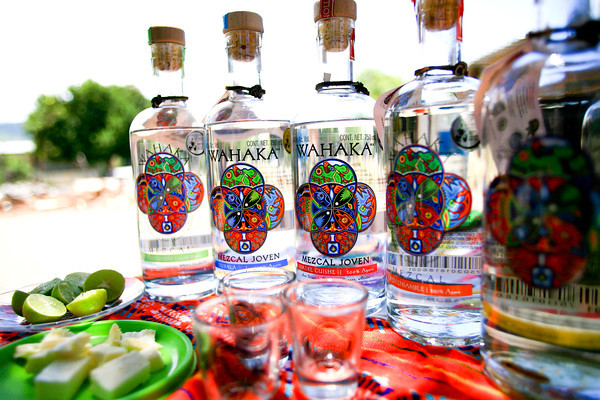 For those of us who do not know, does the Mezcal after distillation needs to be aged in barrels? If not, do you think the future for your mezcal will be aged in barrels?
For those of us who do not know, does the Mezcal after distillation needs to be aged in barrels? If not, do you think the future for your mezcal will be aged in barrels?
ASC: The beauty of mezcal is the incredible variety in agaves. Each one is different physically, where it grows and matures, and the sugars it develops. These are plants that spend at least eight years in the ground, absorbing sun, water, minerals and everything around them. Each agave will result in a completely different mezcal experience. A different nose, different texture, notes, flavors, finishes, etc. I would even argue that each mezcal gives you a different buzz. So, as a distiller, what you are trying to accomplish through your mezcal is extracting and presenting all these characteristics as cleanly as possible. If you age it in wood, then you may lose or distract from some of these characteristics. All our expressions – except for one – are Joven, which means they are straight from the still. We do have one mezcal that is reposado with agave worm.
This is a recipe that Beto’s family has been producing and perfecting over five generations and we cannot not include it as part of Wahaka. It is an Espadin mezcal aged barely four months in an oak barrel to give it a hint of vanilla from the oak, and it is aged with agave worms. Why the worm? It is not a hallucinogenic or an aphrodisiac, it is purely flavor that complements exquisitely with the oak barrel (FYI, in Mexico we eat flavorful delicacies such as ant eggs, corn fungus, grasshoppers, beetles and yes worms). Again, this is a family recipe that we chose to share because it is incredibly smooth.
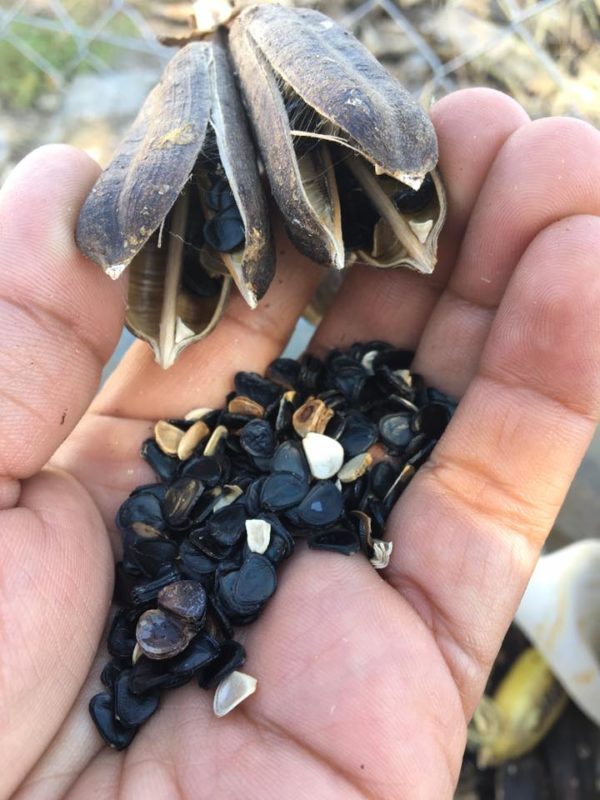 Do you think that your product is distinctive? If so, what makes it distinctive from other mezcal on the market?
Do you think that your product is distinctive? If so, what makes it distinctive from other mezcal on the market?
ASC: Yes. We are distinctive from the DNA of the company (since inception the mezcalero is a shareholder in the brand), to how we take care of our community of San Dionisio Ocotepec (we have organized toy and clothing drives for Beto’s town, and have sponsored over 12 soccer and basketball kid teams), to how we give back to mother earth (we have a greenhouse where we are growing and replanting wild agaves) all the way to the quality of our mezcales (artisanal, organic fantastic products).
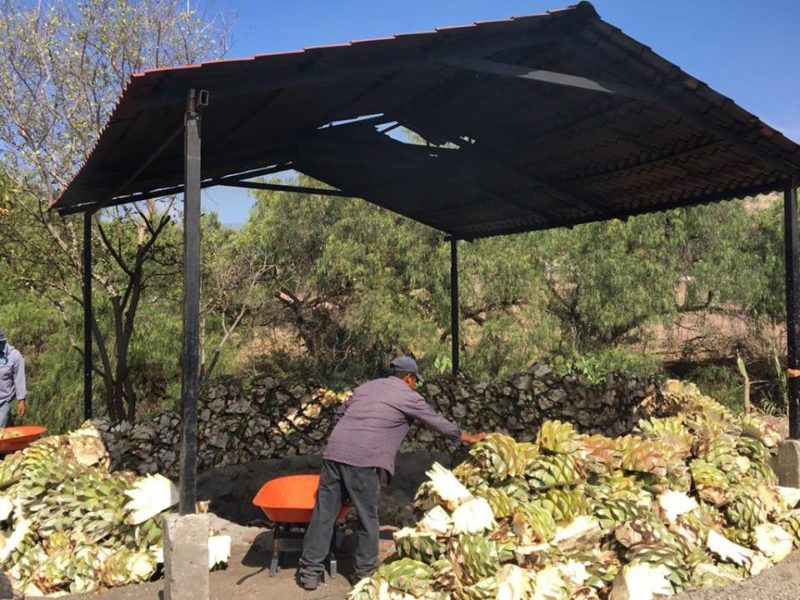 Anything else you’d like to share with our readers?
Anything else you’d like to share with our readers?
ASC: If you are a mezcal aficionado and or are curious about the category we would only ask you become a responsible consumer. By that we mean, make sure you know four very important things before choosing which brand to buy:
- Who makes the mezcal and what is the relationship between the brand and the master distiller?
- What type of mezcal are you buying? Is it artisanal or is it more industrial? Stick to artisanal or ancestral brands if you want to experience true mezcal.
- What does the brand do for the community where it’s produced? Oaxaca is one of the poorest states in Mexico and these families/communities live in very marginalized areas.
- What does the brand do for the environment? Because of the boom and demand for mezcal, agaves are being harvested very aggressively. Make sure the brand has a serious agave reforestation/replanting program.





